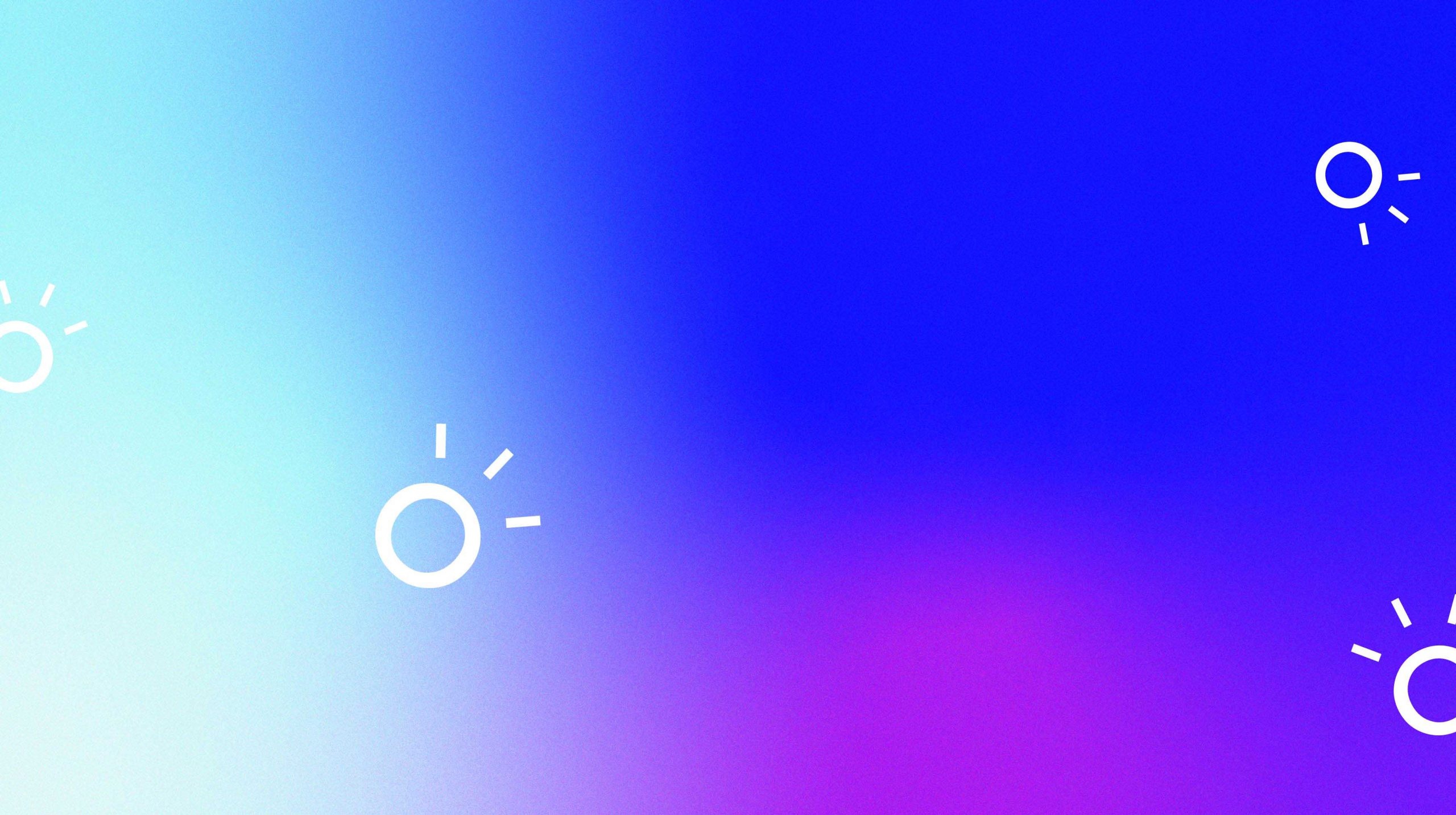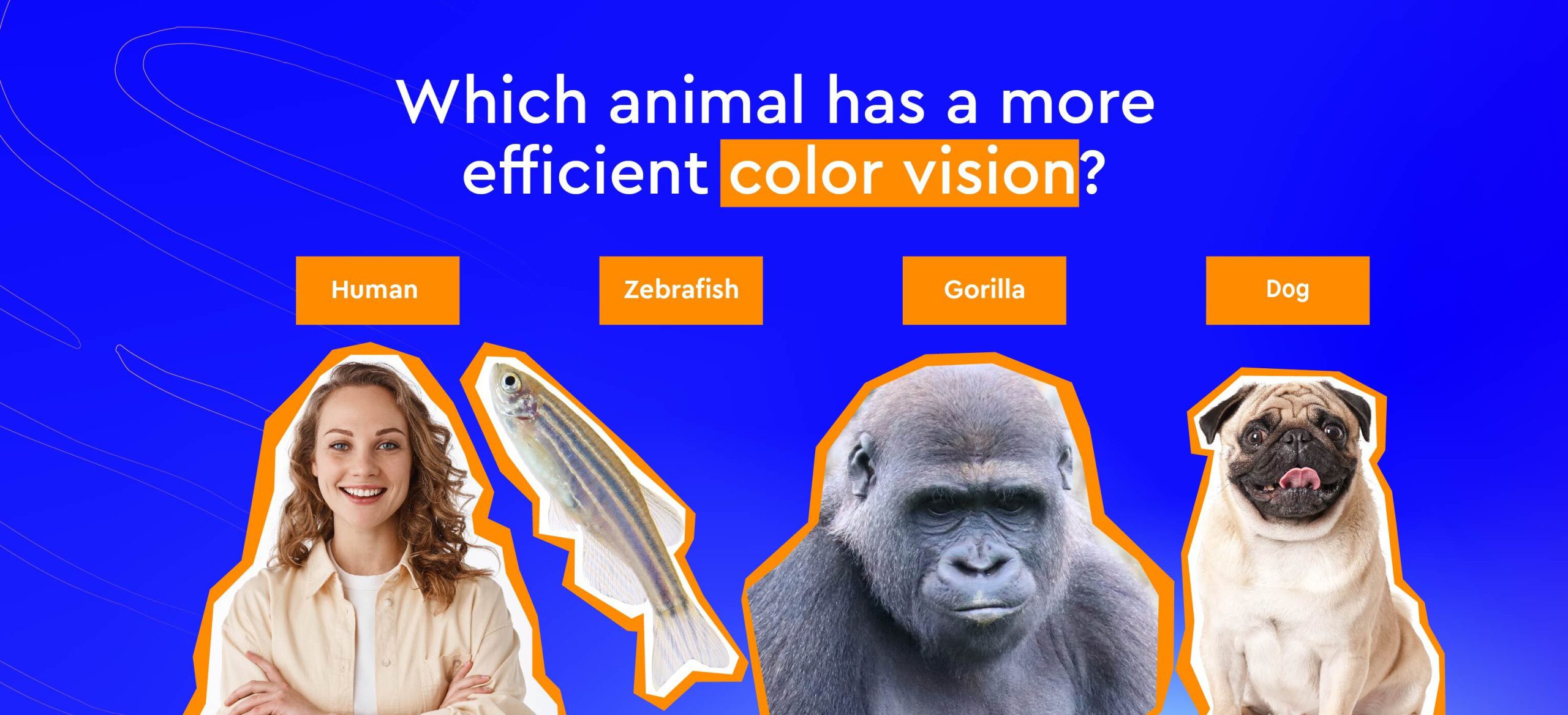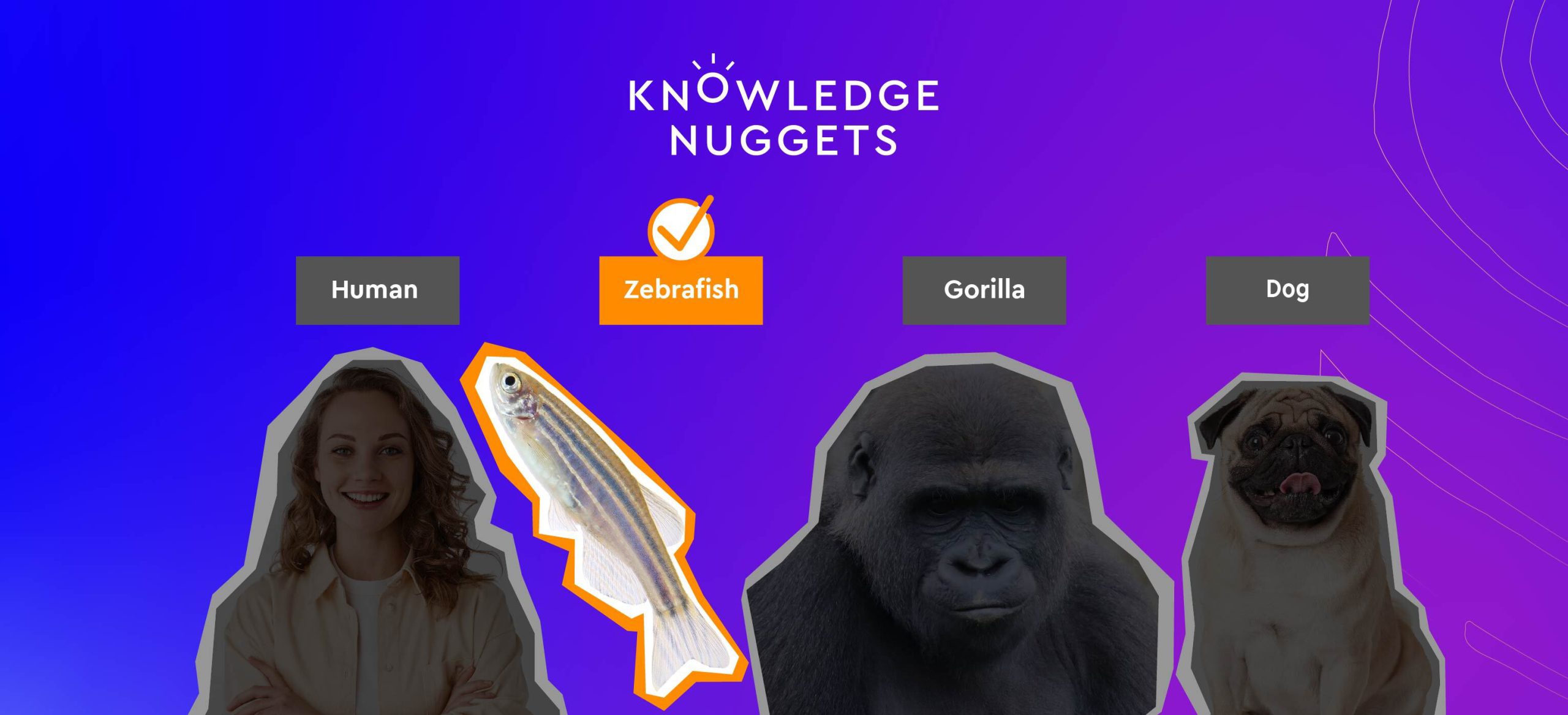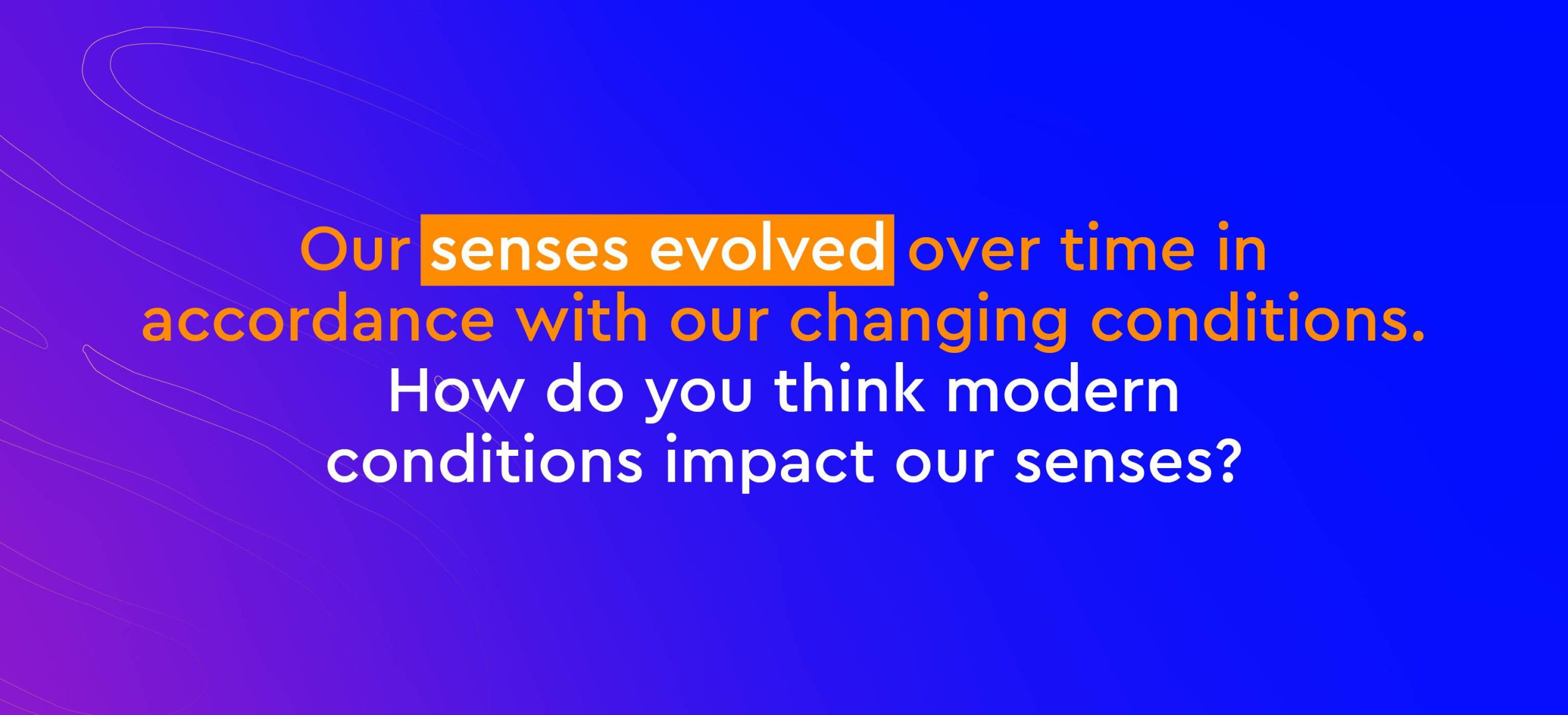

How Will Our Senses Evolve in the Future?
How Will Our Senses Evolve in the Future?
Animal senses evolved over time in accordance with each species’ changing conditions, including humans. Our current and future conditions might change our senses unrecognizably
You might think that we humans have the best, most efficient color vision in the animal kingdom. We are, after all, at the top of the evolution tree, aren’t we? Well, think again.
Researchers have revealed that non-mammalian vertebrates, such as zebrafish, might have a much more simple and effective way of deciphering colors. And it goes back to early evolution. While non-mammalian vertebrates have a system for distinguishing different colors in the eye itself, humans perform this task in the brain, which means it takes much longer to develop – up to 6 months. In other words, babies need to develop this ability.
The apparent reason for this is that, when dinosaurs roamed the earth, our early mammalian ancestors retreated to forests and adopted a nocturnal lifestyle. In the process, they became dichromatic – only able to see in two colors, as dogs, cats and horses do to this day. Humans and other primates much later evolved to become trichromatic, regaining some of their lost aptitude for color vision, but achieved this with brain computation.
As we look to the future, it’s fascinating to ponder how human senses might further evolve in response to our rapidly changing environment. How will the predominance of screen-based, digital interactions shape our senses? Could the changing climate affect them? Or might advances in gene editing technology allow us to customize our sensory capabilities, leading us to a future where we can design senses that are adapted to individual needs?
Group Activity
- Divide the group into several teams.
- Pick one of the questions from the list below and let each team discuss it and then present their thoughts to the group; Alternatively, assign each team with a different question, and when they present it to the group ask the remaining teams for their thoughts as well.
Questions
- Sensory input varies greatly across species. Some species have very good hearing or eyesight, and others can smell scents no other animal can. These sensory features evolved over time in accordance with those species’ changing conditions. How do you think modern conditions impact our human senses?
To delve deeper, give each team an article from the list below (you can assign all of the articles or choose between them). Ask each team to summarize the article’s main argument(s) and present it to the group. Things to note and address: where was the article published (a magazine? A news website? An academic journal?) Who is the author (a columnist? An academic?). Each team can also turn the article’s core argument into a slogan (“AI deletes the I”, “The solution is evolution”, etc.). Ask each team to present their thoughts on the question to the group.- Article 1: Surroundings and Evolution Shape Human Sight, Smell and Taste. Aaas, February 2017
- Article 2: Welcome to your sensory revolution, thanks to the pandemic. The Conversation, April 2020
- Recent and future developments in the field of VR promise an “internet of senses”: a virtual digital experience that involves all of the senses and not just sight and sound. What implications would that have for our lives?
To delve deeper, give each team an article from the list below (you can assign all of the articles or choose between them). Ask each team to summarize the article’s main argument(s) and present it to the group. Things to note and address: where was the article published (a magazine? A news website? An academic journal?) Who is the author (a columnist? An academic?). Each team can also turn the article’s core argument into a slogan (“AI deletes the I”, “The solution is evolution”, etc.). Ask each team to present their thoughts on the question to the group.- Article 1: Tasting Digital: How the Way you Sense the World Will Change in the Next Decade. 6G World, January 2021
- Article 2: Virtual Reality Is the Latest Dinner Party Trick. Bloomberg, September 2019
- Article 3: How Technology Will Screw Up Our Senses. The Daily Beast, January 2018
- Every species senses the world differently, and so perceives reality differently. Is the way humans perceive reality more valid than the way other species do? And how can we be certain we even share the same reality?
- Birds have a magnetic sense, and many fish perceive natural electrical stimuli. Can you imagine having an extra sense that humans don’t usually have? What would that sense be?
- French philosopher Henri Bergson said that the brain acts as a sort of reducing valve, limiting the amount of sensory information pouring in from the outside world, so that we experience only what we need for survival. How would we experience the world if we perceived all of the sensory information available to us?






